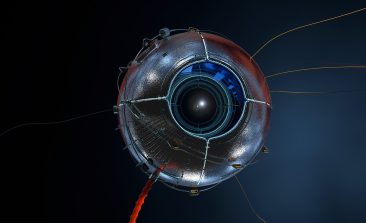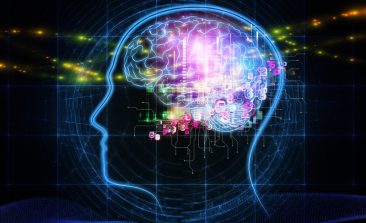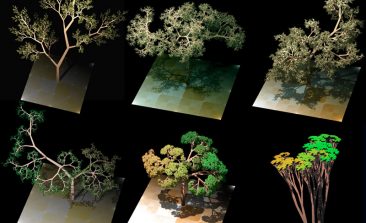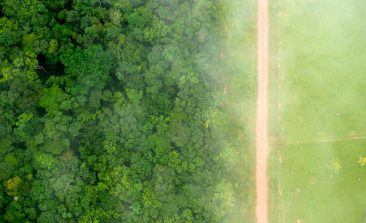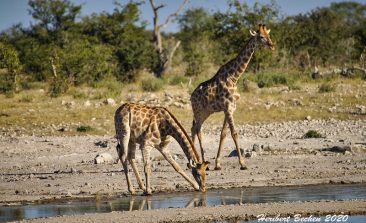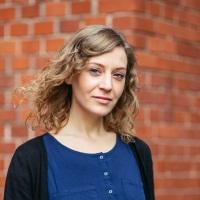
Lydia Skrabania
Beruf
Redakteurin
Über mich
Studium Anglistik, Kultur-, Wirtschaftswissenschaften und Medienwissenschafte, Radio-Macherin, Journalistin, Überzeugungstäterin für grüne Themen
Warum RESET?
RESET zeigt mit innovativen Lösungsansätzen auf, dass man auch als einzelner Mensch etwas bewegen und bewirken kann – im Kleinen wie im Großen.
